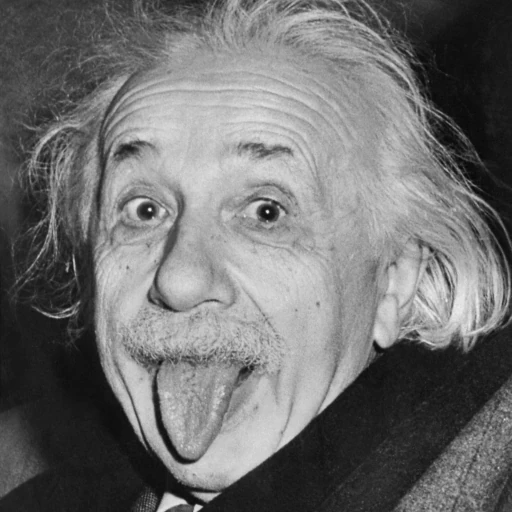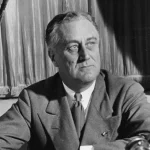“An empty stomach is not a good political adviser.”

- March 14, 1879 – April 18, 1955
- German-born Jew
- Physicist
- Revolutionized the world of physics by proposing the theory of relativity
Quote
“An empty stomach is not a good political adviser.”
Explanation
In this quote, Einstein highlights the impact of basic human needs on political stability and decision-making. He suggests that when people are struggling to meet fundamental needs, like food, they are unlikely to engage effectively in thoughtful or rational political discourse. Hunger, poverty, and other forms of deprivation can lead to frustration, desperation, and instability, making it difficult for individuals or communities to participate constructively in political processes. For Einstein, meeting basic needs is essential for creating a stable environment in which thoughtful political decisions can be made.
Historically, this idea is supported by the notion that social and political stability often depend on the well-being of the population. Political thinkers and economists, from Aristotle to Abraham Maslow, have argued that people need security and basic resources before they can contribute to higher-level societal goals, such as civic engagement and democracy. When basic needs are neglected, societies are more susceptible to unrest, conflict, and impulsive decision-making driven by immediate needs rather than long-term vision.
In today’s context, Einstein’s quote underscores the importance of addressing poverty, hunger, and inequality as foundational steps for creating a healthy political environment. It reminds us that policies should aim to provide for people’s essential needs to foster meaningful participation in democratic processes and societal growth. This insight encourages a compassionate and practical approach to governance, recognizing that true stability and effective political discourse can only be achieved when the population’s basic needs are met.



